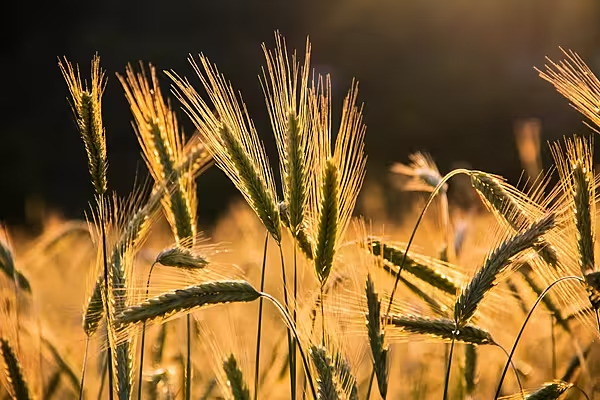Recent history suggests Americans will eat 46 million turkeys during Thanksgiving this year, give or take a few birds.
The problem is that supplies are dropping. While that doesn’t mean stores will run out of turkeys before you buy one, costs are climbing. US grocers are currently paying the highest prices ever at the wholesale level.
Farmers produced 4.239 billion pounds (1.47 million metric tons) in the nine months through September, down 3.3 per cent from a year earlier, US government data show.
Wholesale prices tracked by researcher Urner Barry have jumped 16 per cent from a year earlier to a record $1.24 a pound in the week ended 10 November, signaling higher costs for supermarkets that usually sell turkey at a discount to spur more holiday business.
More than 20 per cent of annual turkey consumption occurs on Thanksgiving, which will be celebrated this year on 27 November, the US National Turkey Federation estimates.
The industry is still recovering from the record-high cost of feed grain during a 2012 drought, which forced reductions in cattle, hog and poultry output and sent meat prices surging.
Feed accounts for about two-thirds of the cost of raising turkeys.
“There were quite a bit of cutbacks over the last two years,” fueling higher prices that were “desperately needed to cover the actual cost of the product,” said Kerry Doughty, the chief executive officer of Butterball LLC.
As of the end of September, 297.2 million pounds of whole turkeys were in frozen storage, the lowest for the date since 2011, and inventories of all frozen turkey meat touched 484.5 million pounds, a four-year low, USDA data show.
Tighter supplies are pushing up meat prices more than any other food group in the U.S. Pork chops and ground beef climbed to record highs in September, after a deadly pig virus killed millions of animals and the cattle herd started the year at the smallest since 1951, government data show.
Bloomberg, edited by ESM










